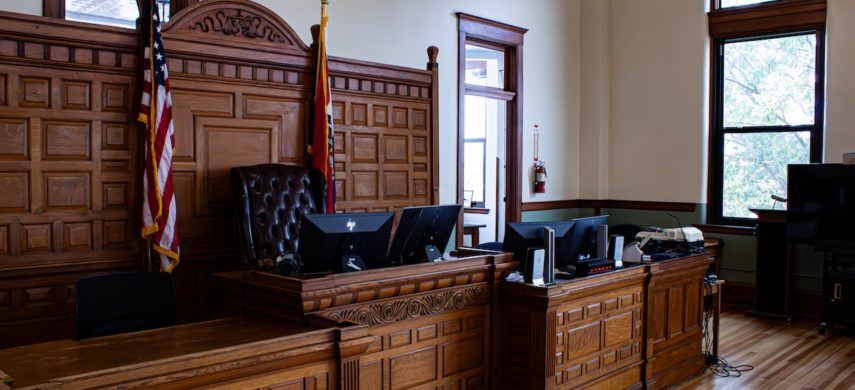
Foreclosure is a daunting prospect for homeowners. However, not all foreclosure cases proceed as expected. In Florida, there are instances where foreclosure cases are dismissed, providing relief to homeowners. Let’s explore the reasons behind such dismissals and the implications for both homeowners and lenders.
When homeowners default on their mortgage payments and fail to negotiate new terms with their lender, they risk foreclosure. In Florida, lenders must obtain a court order to foreclose on a property. This involves filing a complaint with the court, after which the homeowner receives a copy. The homeowner can choose to ignore, answer, or file a motion to dismiss the complaint. During the subsequent hearing, the judge evaluates the complaint and decides whether to proceed with the foreclosure or dismiss the case.
Reasons for Dismissal
Several factors can lead to the dismissal of a foreclosure case. A judge might dismiss the case if they believe the lender doesn’t own the mortgage or if the lender hasn’t adhered to Florida’s foreclosure procedures. Lenders can also voluntarily dismiss cases if they identify procedural errors or if the homeowner negotiates a repayment plan.
Post-Dismissal Scenarios
If a case is dismissed due to lender errors or the lender’s inability to sue, the lender must restart the legal process. Some dismissals, known as “with prejudice,” prevent the lender from refiling the case. Others, “without prejudice,” allow for refiling, though some states limit the number of refilings. It’s crucial for homeowners to understand the nature of the dismissal and consult with a real estate attorney to grasp its implications.
Voluntary Foreclosure: An Alternative
In situations where foreclosure seems inevitable, homeowners can propose a voluntary foreclosure, termed a ‘deed in lieu of foreclosure.’ This action requests the lender to dismiss the case. Typically, voluntary foreclosures don’t adversely affect the homeowner’s credit. Moreover, they shield homeowners from potential lawsuits if the property’s sale doesn’t cover the outstanding debt. However, opting for this means the homeowner forgoes any profit from the property’s sale.
Due to our current caseload, our office simply does not the have the resources
needed to dedicate to any additional tenant legal matters.
Any tenant-specific legal matters should be referred to the following organization:
Lawyer Referral Service Online (available 24/7) — https://www.floridabar.org/public/lrs/
or Phone (800) 342-8011 Monday through Friday 8:00 a.m. to 5:30 p.m.





